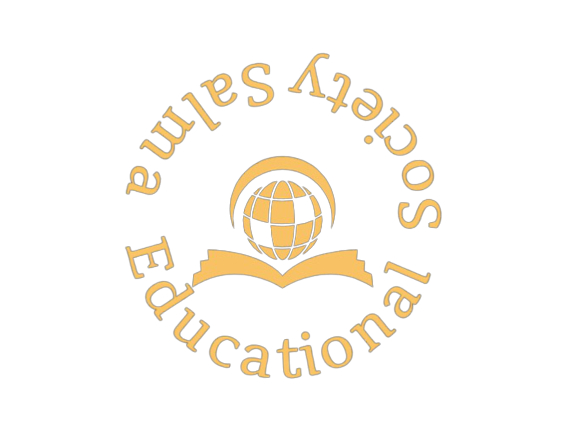Exploring Women Leadership Competencies in Higher Education: Challenges, Opportunities, and Institutional Impact
DOI:
https://doi.org/10.58622/ijsse.v5i2.361Keywords:
Women leadership, higher education, qualitative research, emotional intelligence, gender equity, transformational leadership, thematic analysis.Abstract
Women remain underrepresented in academic leadership positions globally, and particularly in regions like Sindh, Pakistan. This study aims to explore the leadership competencies demonstrated by women in higher education, the challenges and opportunities they encounter, and the impact of their leadership on institutional development. Employing a qualitative interpretivist approach, the research engaged 10–12 senior women leaders through semi-structured interviews and institutional document analysis. Thematic analysis revealed five key themes: emotional intelligence, transformational leadership, cultural negotiation, institutional resistance, and informal support systems. Findings highlight that despite policy frameworks promoting gender equity, women face enduring barriers including role incongruity and cultural expectations. Nevertheless, they utilize adaptive competencies and peer networks to lead effectively. The study enriches feminist and leadership theory by situating women’s experiences within the socio-cultural and organizational realities of Sindh. It also calls for reforms in leadership development programs, policy enforcement, and institutional cultures to support inclusive academic leadership.









